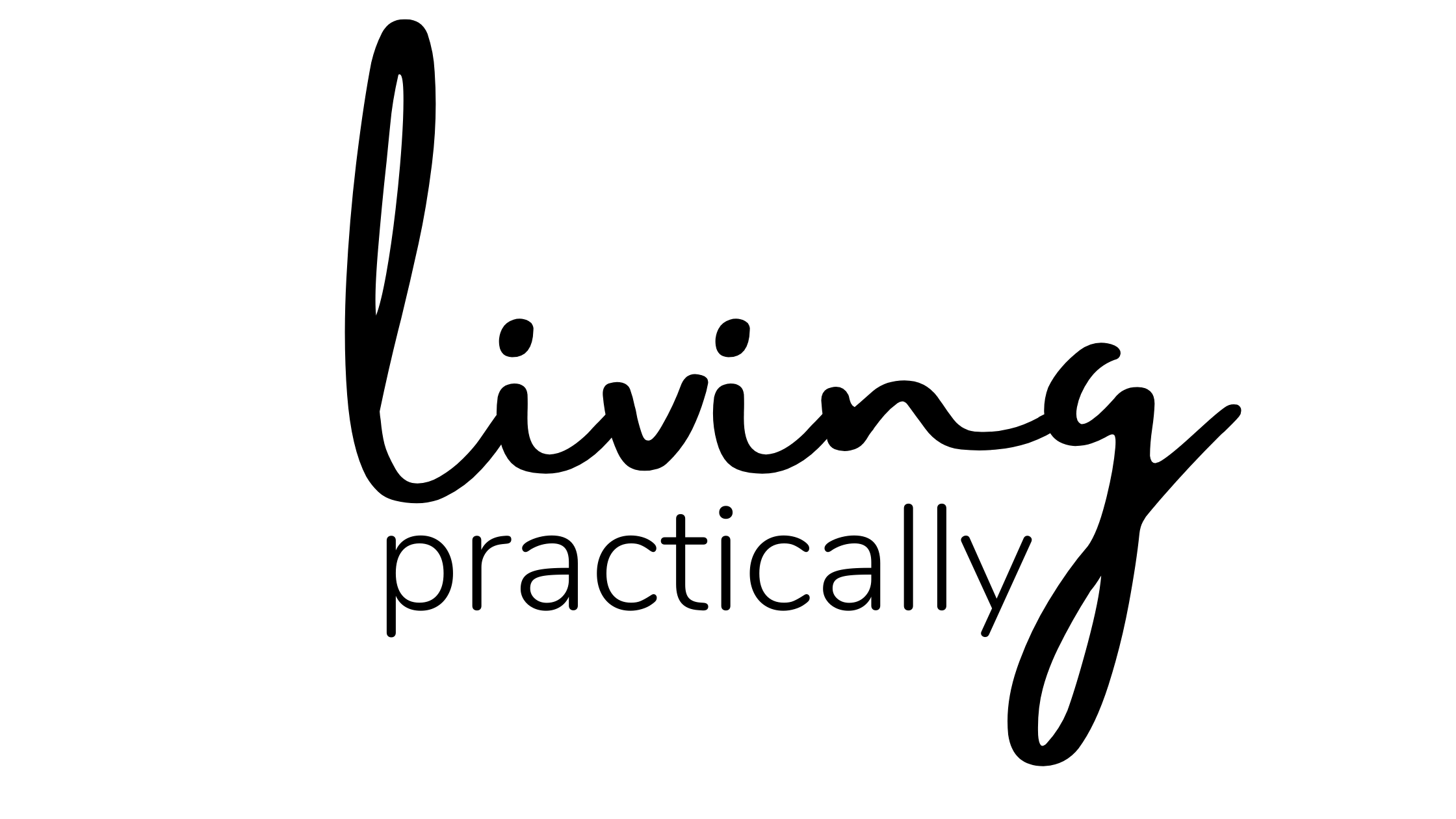When to Stop Breastfeeding
Knowing when to stop breastfeeding is not always an easy decision. If you think you are ready to stop, keep reading and use the tips to help you!
Before I became a mom, I thought breastfeeding was kinda gross and frankly embarrassing for a simple, modest Christian girl. The first few weeks with my newborn were a huge transition and my time was consumed with breastfeeding and overcoming the feelings of being a cow. Then, I fell in love with God’s beautiful gift of breastfeeding and providing nourishment for the little one God gave me.
It’s hard to say when, exactly, it’s time to stop breastfeeding. It depends on your baby and what feels right for you and your family. That being said, there are times when mom may need a little help deciding if it’s time to stop breastfeeding or not. I’ve put together some information below so that you can determine if this is the right time for your child and family.
DISCLAIMER– I struggled with my milk supply greatly for my firstborn and had to do supplementing with formula. If possible for you to breastfeed, I strongly encourage it. However, a FED baby is the best kind of baby.

There is no “right” or “wrong” age for when it’s time to stop breastfeeding.
First and foremost, there is no right or wrong age for when it’s time to stop breastfeeding. Some people stop breastfeeding after a month, some a year, some after two, some after three—it depends on the mother and child. It also depends on the child’s development. A baby who has started eating solid foods may want to wean themselves from the breast more quickly than one who has not yet done so because they are getting all the nutrition they need from other sources. Again: don’t stress out over when you should stop breastfeeding your little one; just listen to your instincts and go with what feels right for you momma!
Don’t make your decision based on others and what they did. Make the decision based on you, your family, and research. I included some research I found helpful.
The U.S. Dietary Guidelines for Americans recommends exclusivlely breastfeeding for the first 6 months (if physically possible). Both the American Academy of Pediatrics and the World Health Organization also recommend exclusively breastfeeding for about the first 6 months. They also recommend nursing up to 2 years or beyond if possible.
According to the CDC, there are many benefits of breastfeeding. It can help lower the mom’s risk of ovarian cancer, breast cancer, high blood pressure, or type 2 diabetes. Breastfeeding can also lower the baby’s risk of developing asthma, obesity, type 1 diabetes, ear infections, SIDS, and other diseases.
There are many reasons why women stop breastfeeding.
60% of mother’s stop breastfeeding before they had planned. If you have breastfed, you know it is no joke and feels like a full time job. It does not always come easily.
There are a lot of factors that cause mom’s to stop breastfeeding:
- Mom’s ability to pump and continue to produce enough milk. This can be very difficult if/when mom returns back to work.
- Baby’s interest in nursing, especially if solid foods have been added to the diet.
- Mom’s milk supply may not be able to keep up with the baby’s needs.
- Mom’s exhaustion and lack of sleep.

If you’re thinking about weaning, start slowly.
If you’re thinking about weaning, start slowly. This means reducing the number of times you breastfeed gradually over a period of weeks. It’s important to do this in such a way that is comfortable for your child, and also for yourself; if you’re tired or stressed out, then don’t force yourself to stick with it.
For example: Start by switching one feeding a day with formula or expressed milk; gradually work up to two or three feedings per day; then slowly reduce them again until they’re down to zero (or whatever number works best for both mom and baby).
Many moms find it helpful to have a plan in place that prepares their child for the transition.
Many moms find it helpful to have a plan in place that prepares their child for the transition. If you are planning to stop breastfeeding and want your child to be prepared, think about these questions:
- When do you want to stop breastfeeding?
- How will you wean your baby from breastfeeding?
- What will you say when he or she asks why they can’t nurse anymore?
- What strategies might help increase your comfort level when weaning has started (e.g., using a pacifier or bottle)

Keep in mind that your child might have some adjustment issues after you’ve weaned them.
As you wean your child, keep in mind that they might have some adjustment issues. After all, they’ve been used to getting food from you for months or even years. This can result in crying and tantrums as well as issues with sleeping and eating. If you’re worried about how your child will handle the transition, speak with a professional who can help guide you through this process.
Conclusion
Remember that the most important thing is that you and your child are happy. If you feel ready to stop breastfeeding, go for it! And if you don’t think it’s time yet, that’s fine too. The best course of action is always going to be one that feels right for both of you.
Best of luck momma!

Other Breastfeeding resources
- Office of Women’s Health – tons of articles about benefits, making the decision, and helpful tips
- CDC-guide to Breastfeeding, data, and facts.
- Healthy Children, my favorite resource, has lots of helpful information, including how to breastfeed when baby gets teeth.





Love the read! I was just thinking about when I should stop breastfeeding. Thanks for sharing!